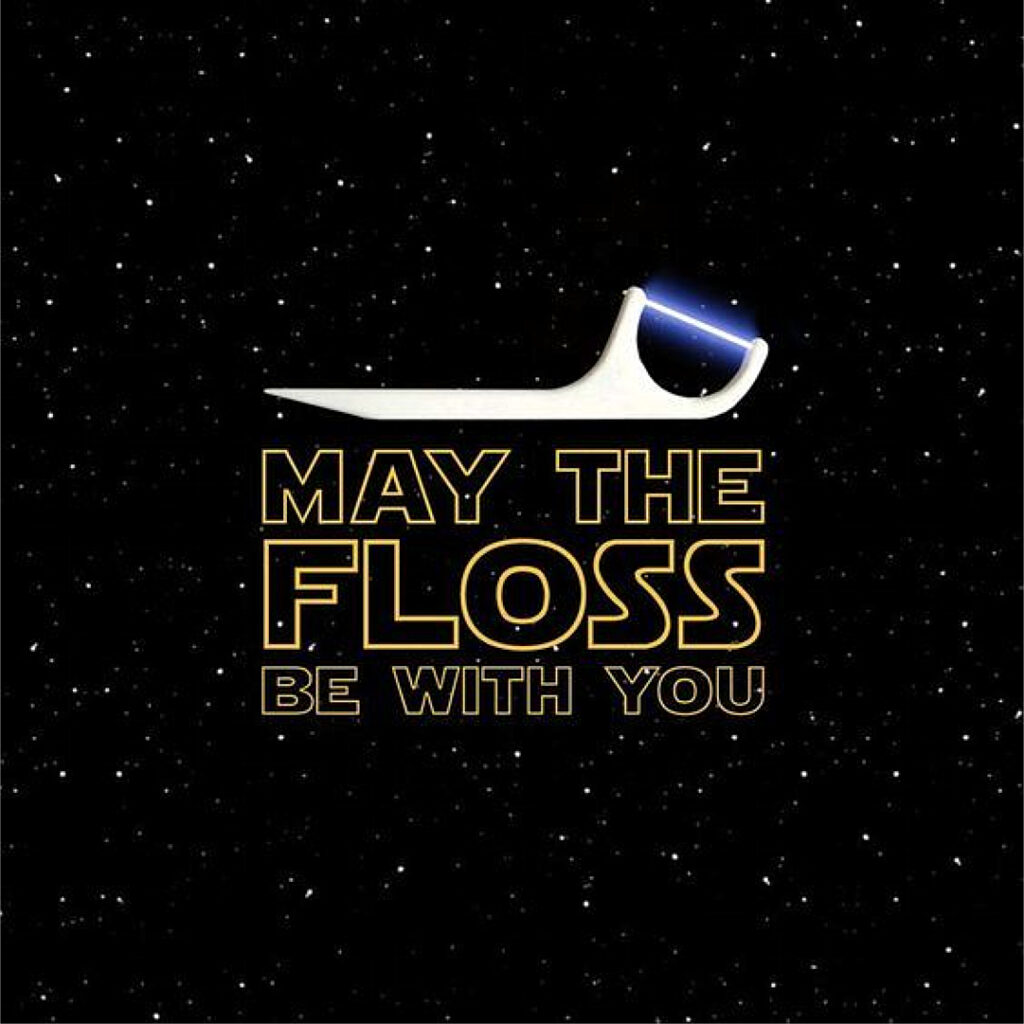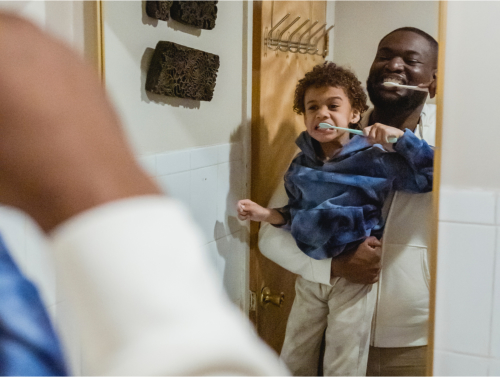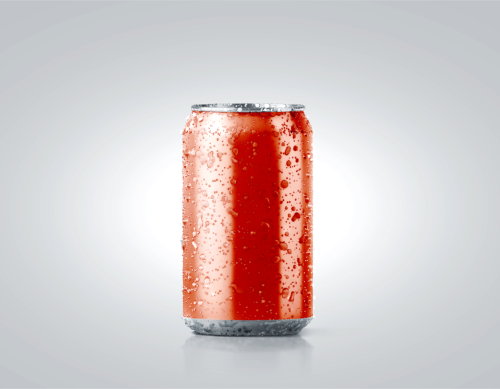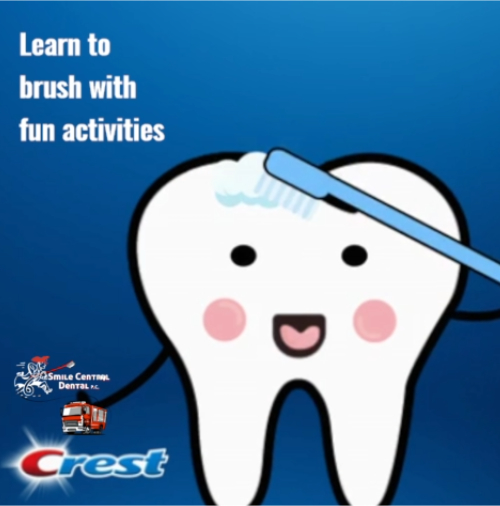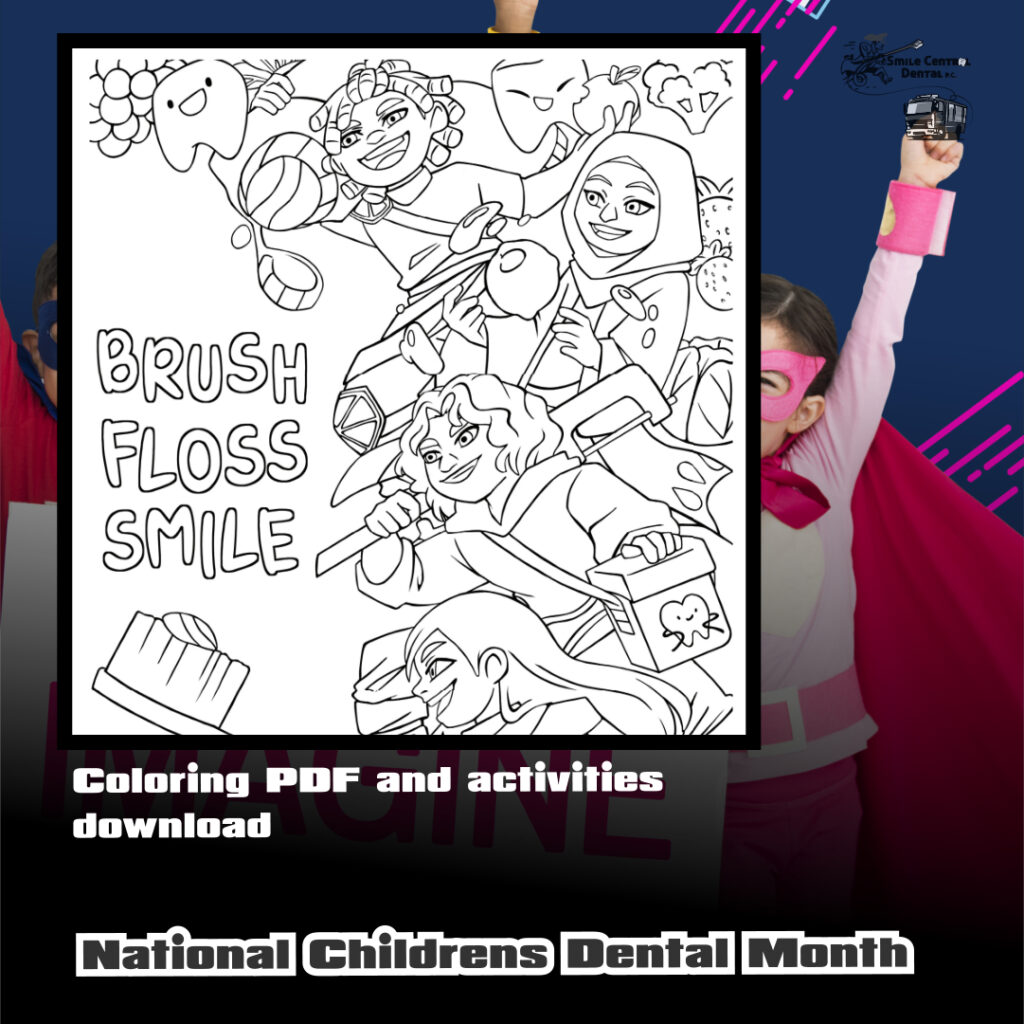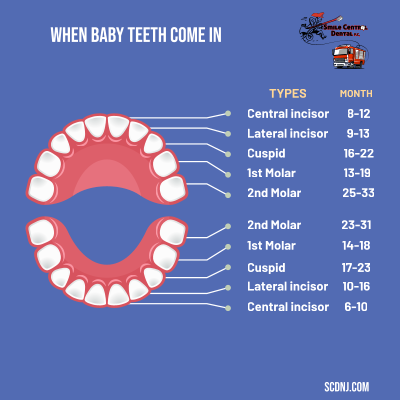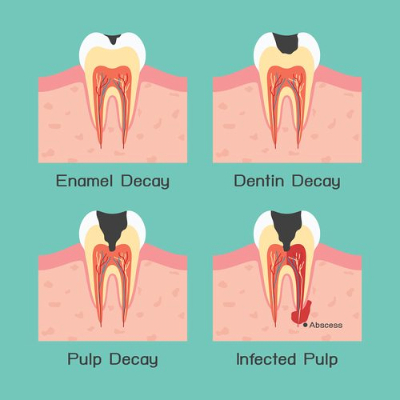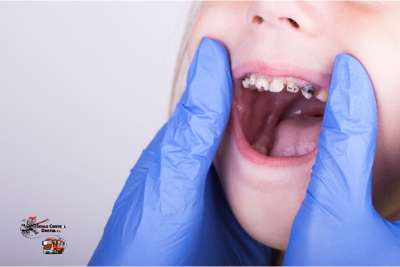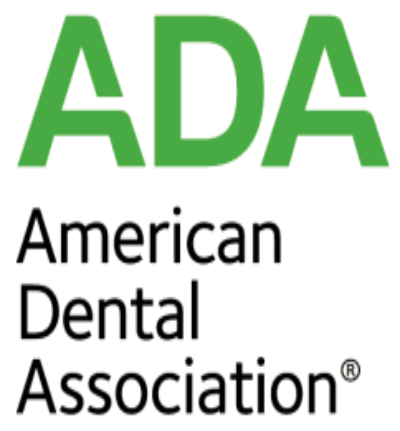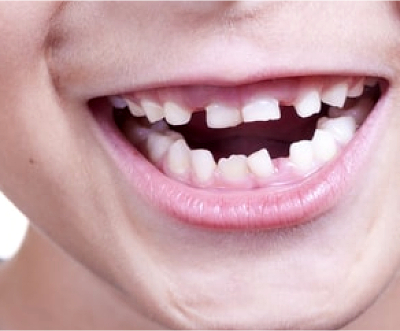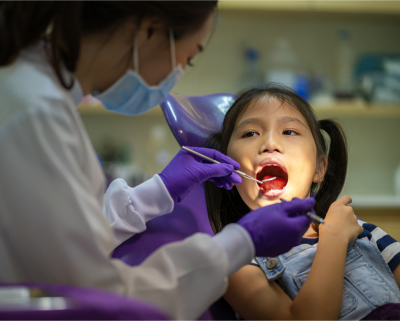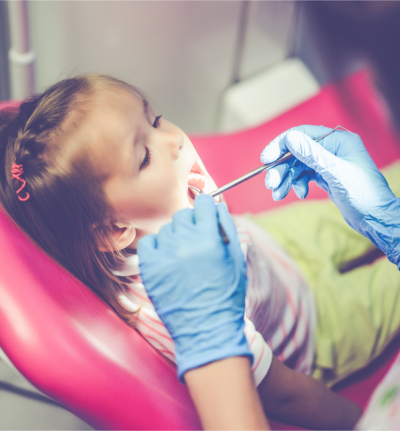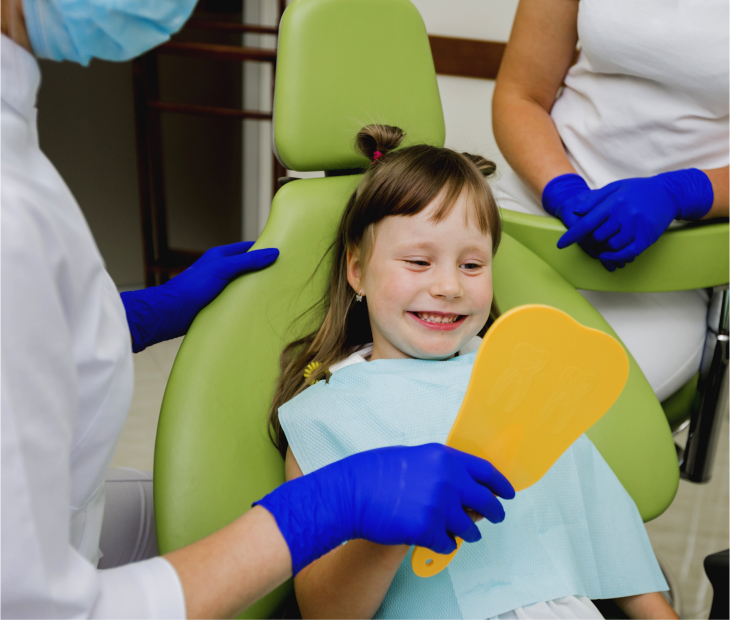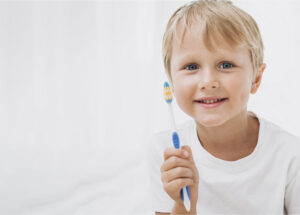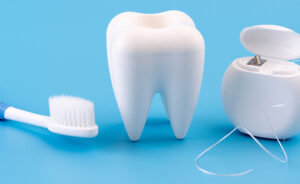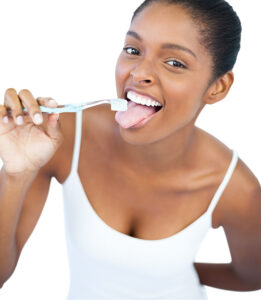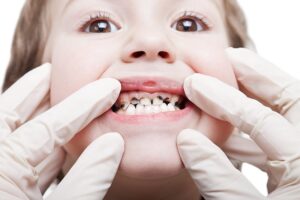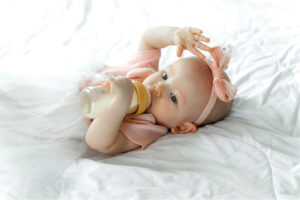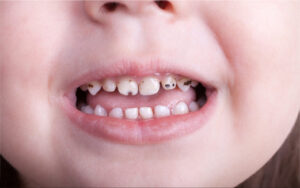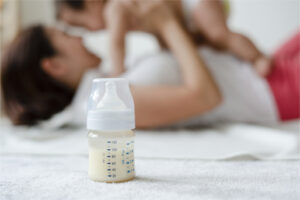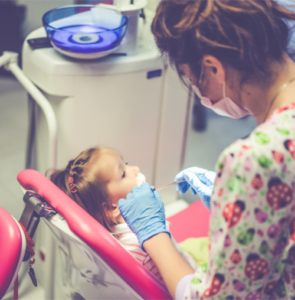When Should My Child Start Flossing?A Parent's Guide
March 14th, 2025
As a parent, you know the importance of teaching good habits early—and that includes flossing. But when should flossing begin, and how do you make it a regular part of your child’s routine?
Let’s break it down!
? When to Start Flossing
You should start flossing your child’s teeth as soon as two teeth touch. This can happen as early as age 2 to 3. Even though these are baby teeth, they can still trap food and develop cavities—especially between tight spaces that a toothbrush can't reach.
? Flossing Milestones by Age
| Age Range | What’s Happening | Flossing Tip |
|---|---|---|
| 0–2 years | Teeth just starting to erupt | No flossing needed yet—focus on gentle brushing |
| 2–3 years | Teeth begin touching each other | Begin flossing with parent help |
| 4–6 years | More teeth, tighter spaces | Floss for them daily; use floss picks if easier |
| 7–9 years | Improved coordination | Teach them to floss on their own with supervision |
| 10+ years | Permanent teeth are coming in | Encourage independent flossing every day |
? Why Flossing Matters Early
- Removes plaque from between teeth
- Prevents cavities in hard-to-reach areas
- Builds a lifelong habit of complete oral care
- Protects gum health during critical development years
? Tips for Making Flossing Fun and Easy
- Use flavored floss or kid-friendly floss picks
- Turn it into a game or story time
- Let them watch in the mirror while you guide their hand
- Set a reward chart for consistent flossing habits
? Parent Pro Tip
Consistency is key! Even if they resist at first, daily flossing will soon become second nature—just like brushing.
???? Final Thoughts
Flossing is just as important as brushing—and it’s never too early to start! By helping your child develop strong oral hygiene habits now, you're setting them up for a lifetime of healthy smiles.



